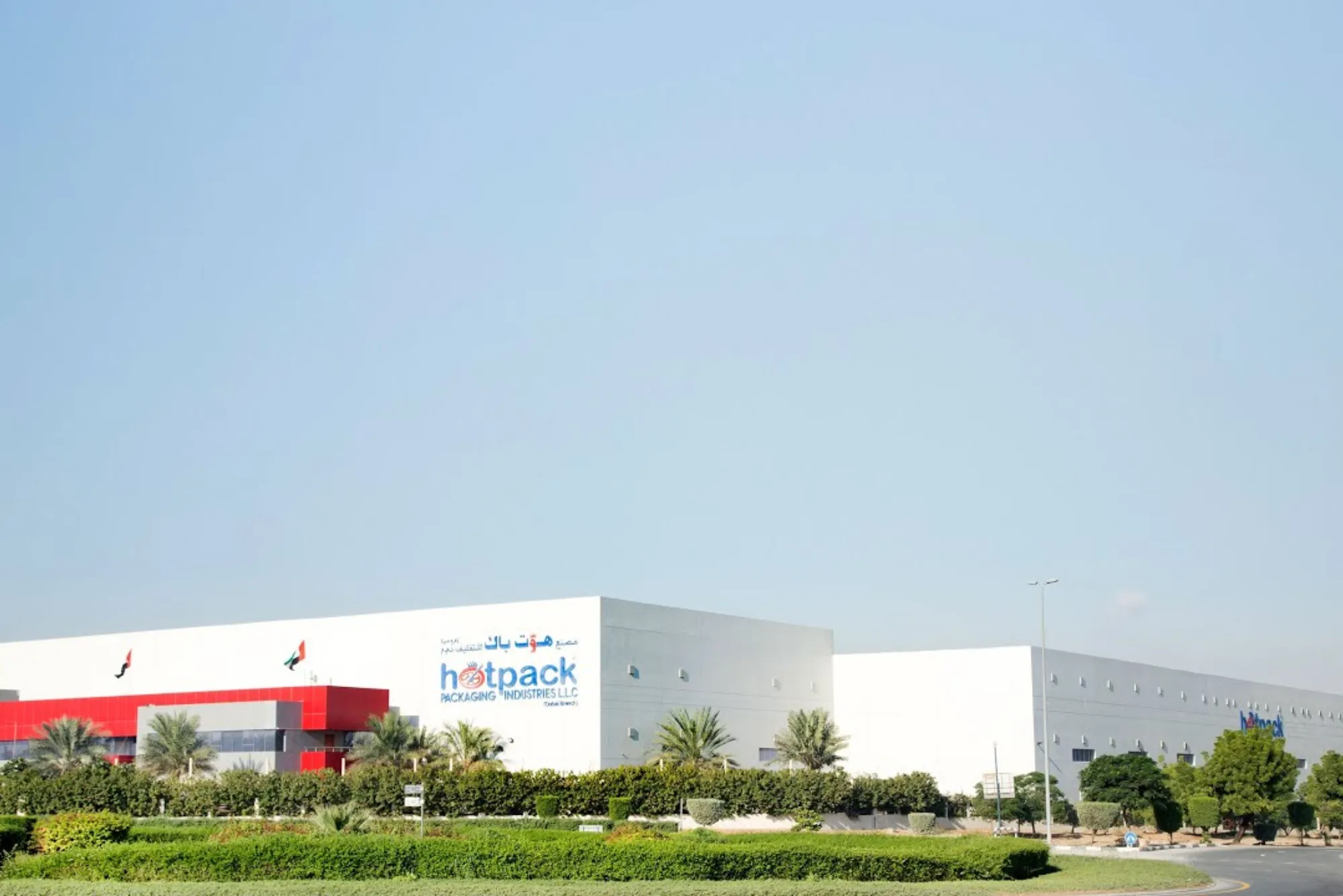In a world where food safety and sustainability are paramount concerns, innovative food preservation methods play a crucial role in ensuring the availability of safe and nutritious food. Among these methods, hotpacking has emerged as a promising technique that not only extends the shelf life of perishable foods but also preserves their nutritional integrity. In this comprehensive guide, we delve deep into the concept of hotpacking, exploring its benefits, implementation strategies, and its growing significance in Abu Dhabi’s culinary landscape.
Understanding Hotpacking
Hotpacking, also known as hot fill or hot processing, is a preservation method that involves heating food to a high temperature and then packaging it while still hot. The process effectively destroys harmful bacteria, enzymes, and other microorganisms that can cause spoilage, thereby prolonging the shelf life of the product. Unlike traditional preservation methods such as canning or freezing, which may compromise the taste and nutritional quality of the food, hotpacking retains the freshness and nutritional value of the ingredients.
The Science Behind Hotpacking
At the heart of hotpacking lies the principle of thermal processing, wherein food is subjected to elevated temperatures to achieve microbial sterilization. The process typically involves heating the food to temperatures ranging from 180°F to 205°F, depending on the specific requirements of the product. This high temperature not only kills pathogenic bacteria but also deactivates enzymes that can cause deterioration and spoilage.
Hotpacking in Abu Dhabi has emerged as a game-changer in the realm of food preservation and distribution. With its ability to extend the shelf life of perishable foods while maintaining their nutritional integrity, hotpack Abu Dhabi is revolutionizing the way food is stored, transported, and consumed in the region. From restaurants to food manufacturers, businesses across Abu Dhabi are increasingly adopting hotpacking as a reliable and efficient method to ensure food safety, minimize waste, and meet the growing demand for fresh, high-quality products.
Benefits of Hotpacking
Extended Shelf Life: One of the primary advantages of hotpacking is its ability to significantly extend the shelf life of perishable foods. By eliminating harmful microorganisms, hotpacking prevents spoilage and helps maintain the freshness of the product for an extended period.
Preservation of Nutrients: Unlike traditional preservation methods that may lead to nutrient loss, hotpacking preserves the nutritional integrity of the food. The high temperature used in the process helps retain vitamins, minerals, and other essential nutrients, ensuring that the product remains wholesome and nutritious.
Improved Food Safety: Hotpacking effectively eliminates pathogenic bacteria and other harmful microorganisms, making the food safer for consumption. This is particularly important in Abu Dhabi, where stringent food safety regulations are in place to protect public health.
Enhanced Flavor and Texture: Hotpacking helps preserve the natural flavor and texture of the food, ensuring a superior sensory experience for consumers. Unlike foods that have been overly processed or preserved using chemical additives, hotpacked products retain their authentic taste and mouthfeel.
Convenience: Hotpacked foods are convenient options for busy consumers who may not have the time or resources to prepare meals from scratch. These products are ready-to-eat or require minimal preparation, making them ideal for on-the-go consumption.
Implementing Hotpacking: Best Practices
While hotpacking offers numerous benefits, its successful implementation requires careful attention to detail and adherence to best practices. Here are some key considerations for implementing hotpacking in Abu Dhabi:
Temperature Control: Precise temperature control is essential to ensure effective sterilization during the hotpacking process. Food manufacturers must carefully monitor and regulate the temperature of both the product and the packaging material to achieve optimal results.
Quality Packaging: Choosing the right packaging materials is crucial for successful hotpacking. The packaging must be able to withstand high temperatures without deforming or compromising the integrity of the seal. Additionally, the packaging should be airtight to prevent contamination and preserve the freshness of the product.
Hygiene Practices: Maintaining strict hygiene standards is essential to prevent contamination and ensure the safety of hotpacked foods. Food manufacturers must implement rigorous sanitation procedures throughout the production process, from ingredient handling to packaging and storage.
Regulatory Compliance: Compliance with local food safety regulations and standards is paramount when implementing hotpacking in Abu Dhabi. Food manufacturers must ensure that their facilities and processes meet the requirements set forth by regulatory authorities to uphold public health and safety.
Hotpacking in Abu Dhabi: A Growing Trend
The adoption of hotpacking in Abu Dhabi is gaining momentum, driven by several factors including consumer demand for safe and convenient food options, advancements in food processing technology, and the emphasis on sustainability and food security. Restaurants, food manufacturers, and retailers are increasingly turning to hotpacking as a viable solution for preserving and delivering high-quality food products to consumers.
Innovations in Hotpacking Technology
Advancements in hotpacking technology are further fueling its adoption in Abu Dhabi and beyond. Manufacturers are investing in research and development to improve the efficiency, reliability, and sustainability of hotpacking systems. From innovative packaging materials to automated processing equipment, these technological innovations are reshaping the landscape of food preservation and distribution.
The Future of Hotpacking
Looking ahead, the future of hotpacking looks promising, with continued advancements in technology, increased consumer awareness, and evolving regulatory requirements shaping its trajectory. As consumers become more health-conscious and environmentally aware, the demand for safe, nutritious, and sustainably packaged foods is expected to grow. Hotpacking, with its ability to deliver on these fronts, is well-positioned to play a significant role in the future of food preservation and distribution.
Hotpacking represents a paradigm shift in food preservation, offering a safe, convenient, and sustainable alternative to traditional methods. Its ability to extend the shelf life of perishable foods while preserving their nutritional integrity makes it a valuable tool for ensuring food security and safety. As Abu Dhabi and other regions continue to embrace hotpacking, the future looks bright for this innovative preservation technique, paving the way for a healthier, more sustainable food system for generations to come.




